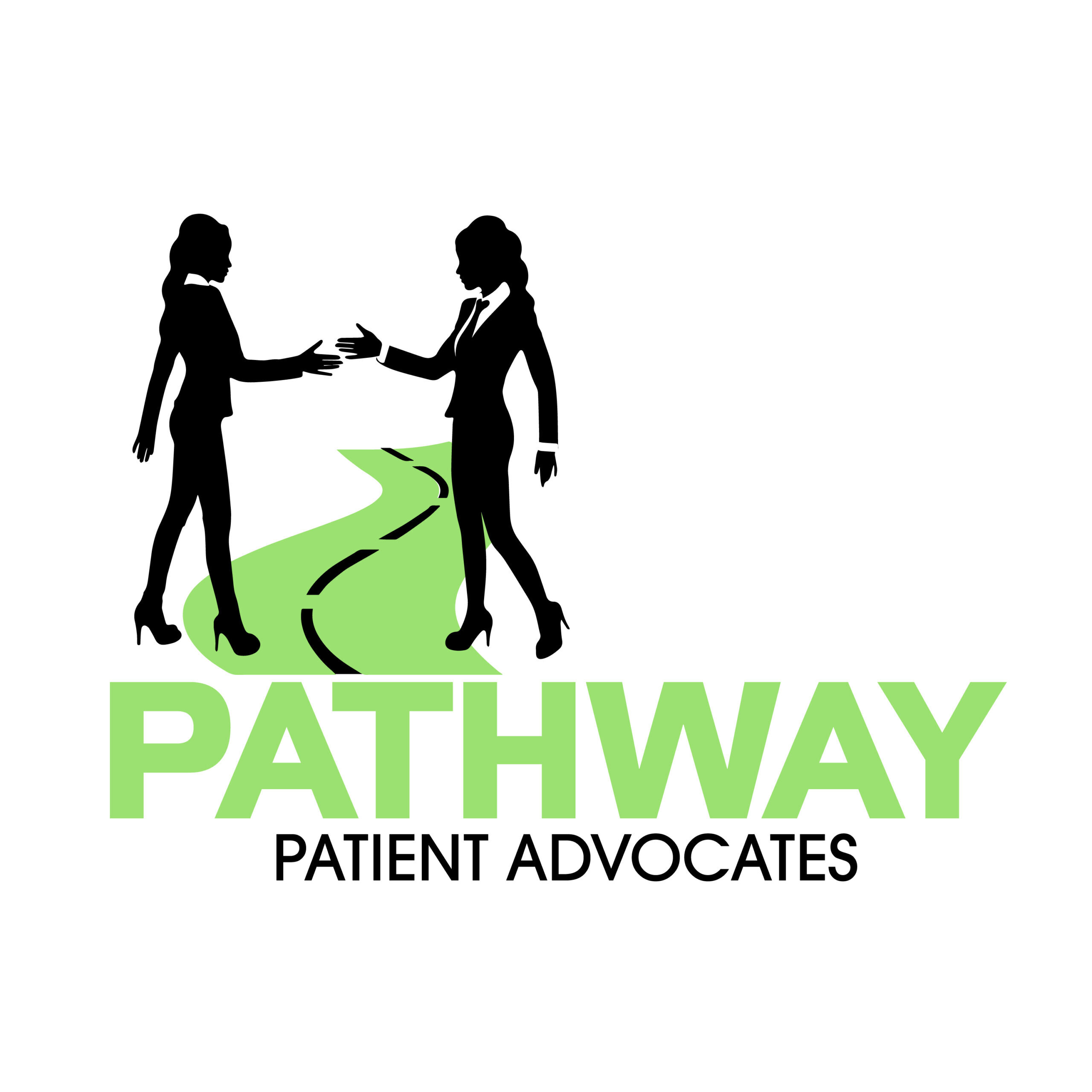Tried to get an appointment with a specialist and got denied? Now what?
Unfortunately, as a private patient advocate, I have heard this story all too often. You research and find a doctor that specializes in your condition, then you try to make an appointment and are either told it will be a 6 month or longer wait, or simply that they are not accepting any appointments at this time. I had one client tell me the doctor’s office has a 24 month wait. 2 years! Since the start of the COVID-19 pandemic, this situation has become all too frequent. This experience has likely left you discouraged and feeling defeated and hopeless.
I hear you, and I am her to tell you that most often Pathway Patient Advocates can help. Whether you are trying to get into a private local health facility or a large facility such as Cleveland Clinic or Mayo; we can help.
I’m guessing your next question is how? What can a private patient advocate do differently than you?
We are private patient advocates, and experienced in making appointments, and know what to say and what information to provide to get appointments with the appropriate provider. My client who was told there was a 24 month wait, I ended up scheduling an appointment for her and she was seen by the specialist 3 weeks later. Of course this is not always the case, but when we hit a roadblock, rest assured that we have back up options B, C, and D ready if needed.
In addition to getting you scheduled to see the right healthcare provider, Pathway Patient Advocates can help you prepare for the visit, so that you can get the most benefit during that encounter. Oftentimes we can attend your appointments with you, either in person or virtually. It’s very upsetting when you attend a long awaited appointment, and find that either the healthcare provider does not have your previous records, or is not the right provider for your situation. To help avoid this outcome with my clients, I always review the prior medical records and ensure that the healthcare provider has the pertinent medical information prior to the scheduled visit.
If you are not sure what doctor you should be seeing or even where to start, an experienced private patient advocate, like Pathway Patient Advocates, can help with that too. Years of experience and strong medical background has equipped us with the skills required to help navigate the best care for you.
Therefore, if you have been unable to schedule the appointment you need, do not be discouraged, help is available. Speak with Pathway Patient Advocates today.


